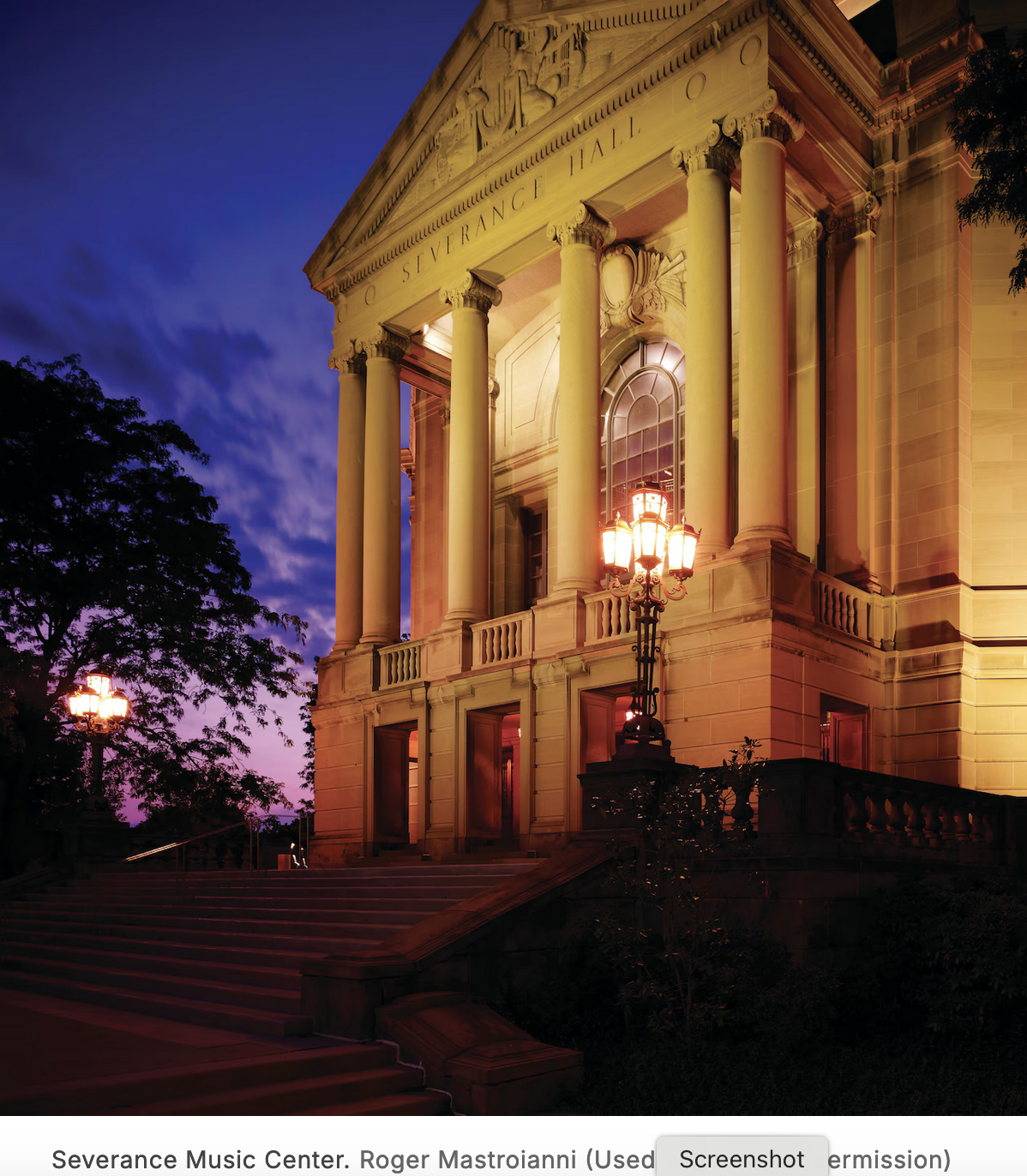by Daniel Hathaway

CLEVELAND, Ohio — Many shades of meaning are inherent in the adjective “youth,” some popular ones being “the quality or condition of being young, immature, or inexperienced.” Only the first of those labels applies to the Cleveland Orchestra Youth Orchestra and the Cleveland Orchestra Youth Chorus, who gave an impressive joint Winter Concert in Mandel Concert Hall at Severance Music Center on Sunday afternoon, February 16.
Although these musicians are certainly young, under the direction of music director Daniel Reith they demonstrated musical maturity beyond their years and exuded remarkable confidence and professionalism. Perhaps we should re-label these organisms as an “apprentice” orchestra and chorus, because they polished their ensemble skills with Cleveland Orchestra mentors and conductors after having learned them from distinguished teachers in the community.
Sunday’s performance further advanced the collective gains that COYO showed in its November concert, most notably in the final work, a thrilling account of Stravinsky’s 1919 Firebird Suite. Reith guided the piece with a steady hand while still allowing its many wonderfully played solos to shine.
A single booming chord announced the Infernal Dance of King Kashchei, where the mighty brass section seized control, assisted by keen playing from the percussion and trombone soloist Grace Berendt, who made the most of her interrupting slides.
Set up by an elegant transition into the Bercuse, bassoonist Bernadette Slattery voiced a soothing lullaby, her rich tone beautifully filling the hall. Hornist Jack Berendt triumphally announced the joyful finale. Here Reith encouraged the sound to continually grow before culminating in a stunning conclusion.
The torso of the program brought orchestra and chorus — masterfully prepared by Daniel Singer — together in two contrasting works.
Francis Poulenc’s alternately cheeky and devout Gloria was youthful in all the best ways. Spirited tempos and high energy were balanced by lovely solos from soprano Lindsey Reynolds, who held both lyrical and mysterious conversations with orchestra and chorus and whispered a transcendent “Amen” at the end.
Johannes Brahms’ Schicksalslied gave the chorus the opportunity to show its excellent tone, phrasing and projection. In the second section, where Friedrich Hölderlin’s poetry takes a dramatic turn, they rose to the challenge and proved to be as effective in loud passages as they were elsewhere in producing an audible pianissimo.
Sunday’s program began rather curiously with orchestral arrangements of a Palestrina motet (Adoramus te) and a J.S. Bach Chorale (Ein feste Burg) by Leopold Stokowski, who accessorized the two short pieces with his characteristic splashes of color — an impressive opener for this attractive concert.
Published on ClevelandClassical.com February , 2025.
Click here for a printable copy of this article


